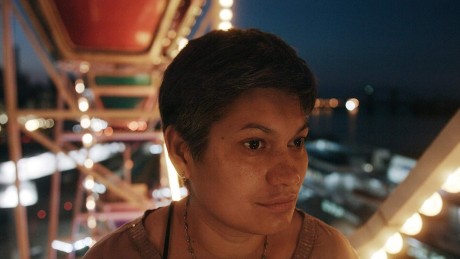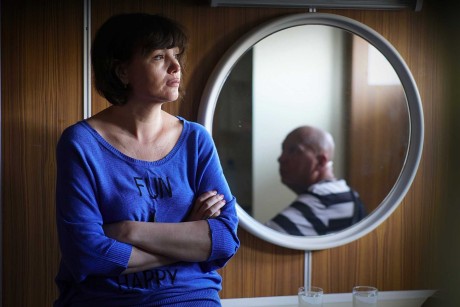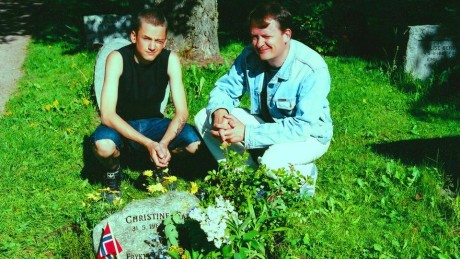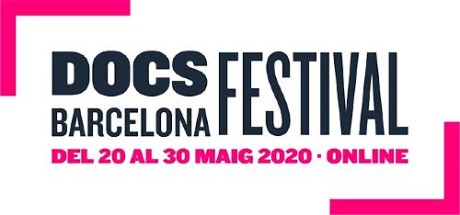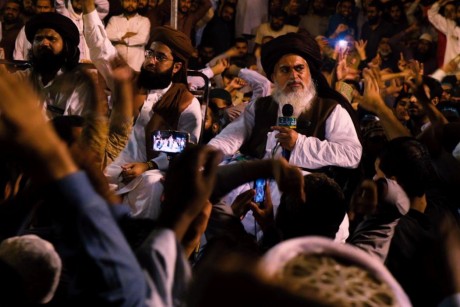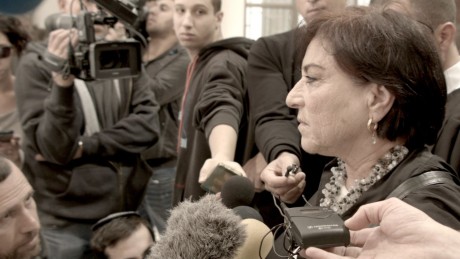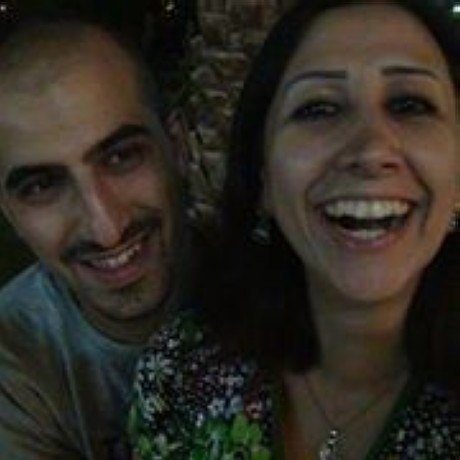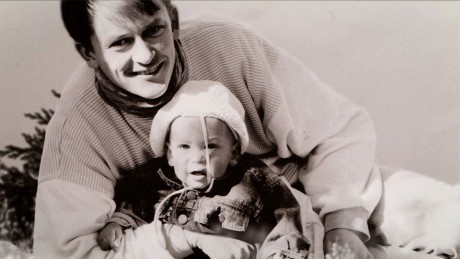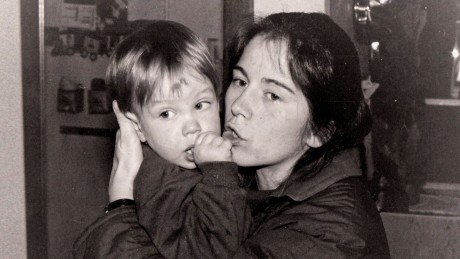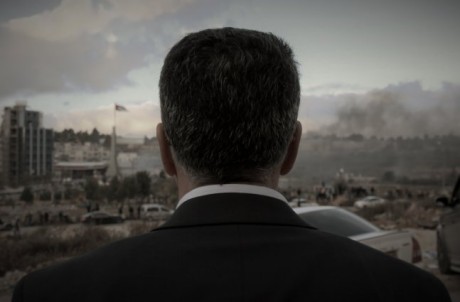


Judit Oláh: Return to Epipo
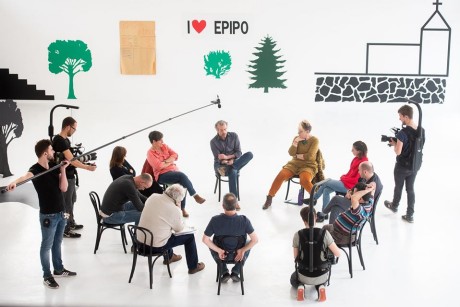
Summer camps for kids. Indoctrination performed by charismatic leaders. Sometimes with abuse of minors. A well known theme for many documentaries. With traumas carried into adulthood like it was for Hungarian Judit Oláh, who is the director of this well built documentary that has unique archive material from the so-called Epipo camp that she attended several times, a camp for children from the intellectual class in socialist Hungary in the 1980’es, different from the propagandistic pioneer camps, seen to be an alternative, a free zone, in the film the word “Epipoland” is used.
Judit Oláh has gathered other adults from Epipo to hear, what they remember, set up in a studio in the form of a psycho drama. The talk goes quickly to be about Pal Sipos, the leader of the camp and the one, who molested boys sexually and who went on to be a popular figure in youth television. Today he is living abroad – the director is in contact with him but he does not want to take part in the film… which is not so important as we viewers see him in archive material also shot by himself.
In a key scene Judit Oláh interviews her father and asks him whether he did not notice that something was wrong in a camp, where humiliation was performed daily and where she – the director – had the nickname “mediocre”!. What would you ask him if you met him today, she asks the father, who apparently feels uncomfortable by, what he hears about a man with whom he worked, as director of the tv shows in which Sipos was appearing.
The director calls Epipo “the scene of my failure”. Judit Oláh was in contact with Sipos, had 3 hours of talk with him that she does not use hoping to get him on camera. No success.
Humiliation, sadistic cruelty, collective masturbations – 25 years later… “We tried to find the hell again, interpret the events together, play them, process them. We created a beautiful movie and a good experience that you can show terrible things this way.” Says Sylvia Konyor (on Facebook) – one of the protagonists of a documentary that the director says also has this purpose: “you have to learn to speak up!”
Hungary, 2020, 84 mins.
